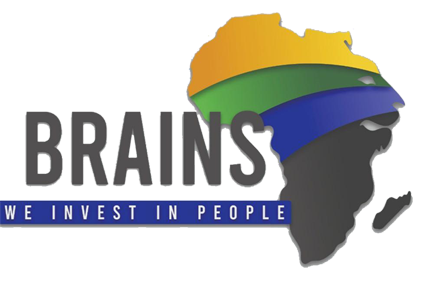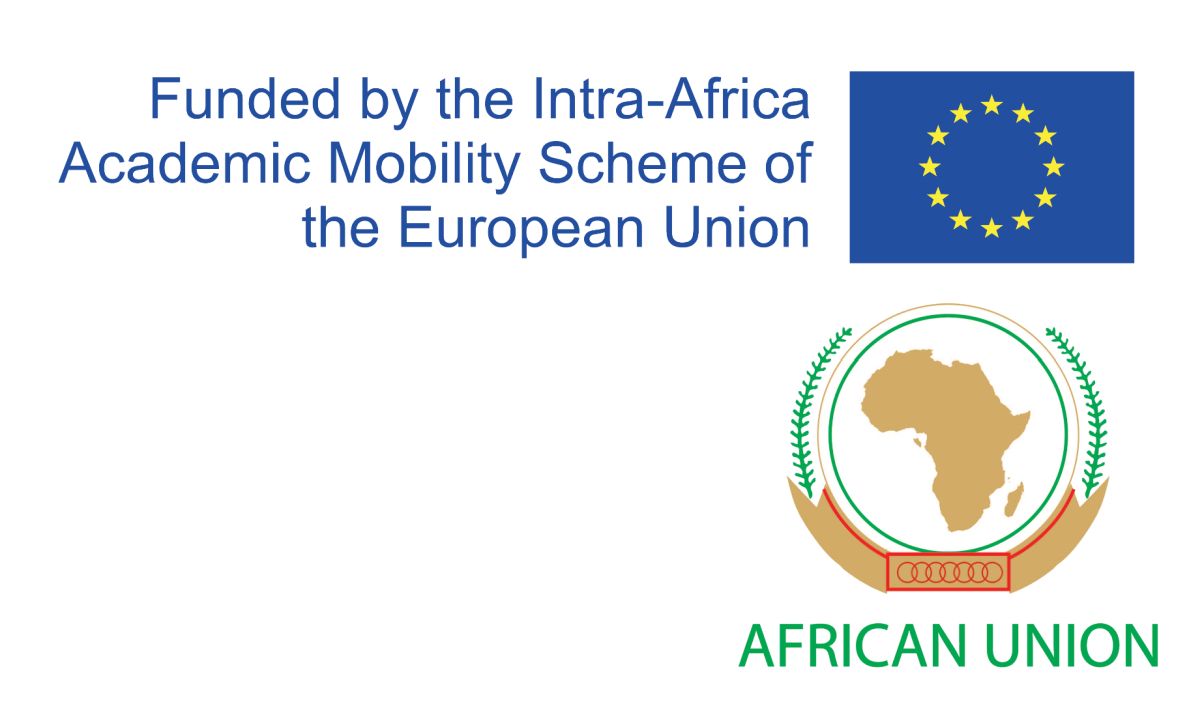
Course1: Masters - Tropical Infectiology
Thematic field of study: Health Sciences
Duration (in semesters): 2 semesters
Study credits/hours (per semester): 360 hours
Objectives:
(Objectives of the master/doctoral programme in relation to the identified needs and the link to the thematic field(s) proposed; etc.)
To provide a training on different aspects of tropical infectious diseases to contribute to improving human health and animal from sub-Saharan African countries. It offers to biologists, biochemists, doctors, pharmacists, veterinarians, chemists, a specialized Master 2 level training for them to be able to perform a doctoral thesis. Advances and updated epidemiological, bioclinical, molecular, immunological, therapeutics and public health aspects of the main infectious diseases (parasitic, bacterial and virological) as well as skills on research methodology, basic epidemiology and statistical analysis are provided.
Structure and content:
(Structure and content of the programme, subjects covered; assessment methods; etc.)
Program of the training
Trainings are performed by Senior lecturer from the USS, and other national and international partner universities and by professional researchers.
The theoretical training lasts 12 to 13 weeks, 360 hours and organized by teaching units (EU) made up of 30 credits (ECTS). Practical work, tutorials and theoretical lessons regarding the following aspects: structural, cellular and molecular microbiology, molecular biology in infectiology, innate and adaptative immunity, ecology and health sciences, host-pathogens interactions, epidemiology, genetics and biology of parasites, viruses, and bacteria and impact on public health. Pharmacology, pharmacogenetics and drug resistance. National control programs, basic statistics, entomology.
The research internship (30 ECTS) of 6 months The internship in a research center or in a bioclinical university research department is an integral part of the training.
The total duration of the training is 9 months.
Learning outcomes:
(The expected learning outcomes in view of the students’ future academic opportunities and employability, the personal competences, and the impact at institutional, national, regional levels)
Diploma on Master Research in Tropical Infectiology with different options according to the internship reasearch area. With this Diploma, student can postulate for a PhD program, some can be recruited at the University and continue their research training while providing initiation to practical work for students. They can also be involved in national control program activities.
Course 2: Doctorate - Medical Biology option Human parasitology
Thematic field of study: Health Sciences
Duration (in semesters): 6 semesters
Study credits/hours (per semester): 420 hours per semester
Objectives:
(Objectives of the master/doctoral programme in relation to the identified needs and the link to the thematic field(s) proposed; etc.)
This program focuses on several aspects of human parasitology including epidemiology (cellular, molecular, immune-epidemiology), genetic and:or genomic, immunological parasitology. It also includes drug-pathogens interactions, medical entomology, parasitic diseases and NCD interrelations and public health aspects.
Structure and content:
(Structure and content of the programme, subjects covered; assessment methods; etc.)
During 5 semesters, PhD student will be involved in specific research activities which includes field and lab work, but also theoretical lessons for acquisition of ok skills on quantitative and qualitative research methodology, research article and grant writing, ethics, good laboratory or good clinical practices, initiation to clinical research, scientific communications; bio-informatics.
The last semester is dedicated to the thesis writing.
Students are allowed to defend their thesis if they have published at least three research articles in peer-reviewed journal as first author.
Learning outcomes:
(The expected learning outcomes in view of the students’ future academic opportunities and employability, the personal competences, and the impact at institutional, national, regional levels)
Researcher (PhD) or MD, PhD can be recruited as assistant lecturer at the University. Those already recruited without a PhD , could reach the level of assistant Professor according to their research activities and scientific production together with their teaching activities.
PhD holders can also be integrated in the scientific advisory board of National Control Programs.
Phd holders can integrate research teams and research centers. They are able to independently carry out research project and supervise the youngests.
Course 3: Doctorate - Biomedical Sciences optionTropical Infectiology
Thematic field of study: Health Sciences
Duration (in semesters): 6 semesters
Study credits/hours (per semester): 420 hours per semester
Objectives:
(Objectives of the master/doctoral programme in relation to the identified needs and the link to the thematic field(s) proposed; etc.)
This program focuses on several aspects of Tropical Infectiology including epidemiology (cellular, molecular, immune-epidemiology), genetic and/or genomic, immunological aspects of the main infectious diseases (malaria, HIV, hepatitis, Diarrhea, NCDs, emerging infectious diseases. It also includes drug-pathogens interactions, and public health aspects.
Structure and content:
(Structure and content of the programme, subjects covered; assessment methods; etc.)
During 5 semesters, PhD student will be involved in specific research activities which includes field and lab work, but also theoretical lessons for acquisition of ok skills on quantitative and qualitative research methodology, research article and grant writing, ethics, good laboratory or good clinical practices, initiation to clinical research, scientific communications; bio-informatics.
The last semester is dedicated to the thesis writing.
Students are allowed to defend their thesis if they have published at least three research articles in peer-reviewed journal as first author.
Learning outcomes:
(The expected learning outcomes in view of the students’ future academic opportunities and employability, the personal competences, and the impact at institutional, national, regional levels)
Researcher (PhD) or MD, PhD can be recruited as assistant lecturer at the University. Those already recruited without a PhD , could reach the level of assistant Professor according to their research activities and scientific production together with their teaching activities.
PhD holders can also be integrated in the scientific advisory board of National Control Programs.
Phd holders can integrate research teams and research centers. They are able to independently carry out research project and supervise the youngests.
Grow. Play. Lead. Providing opportunities for our youth to become the best in all areas of their lives.

